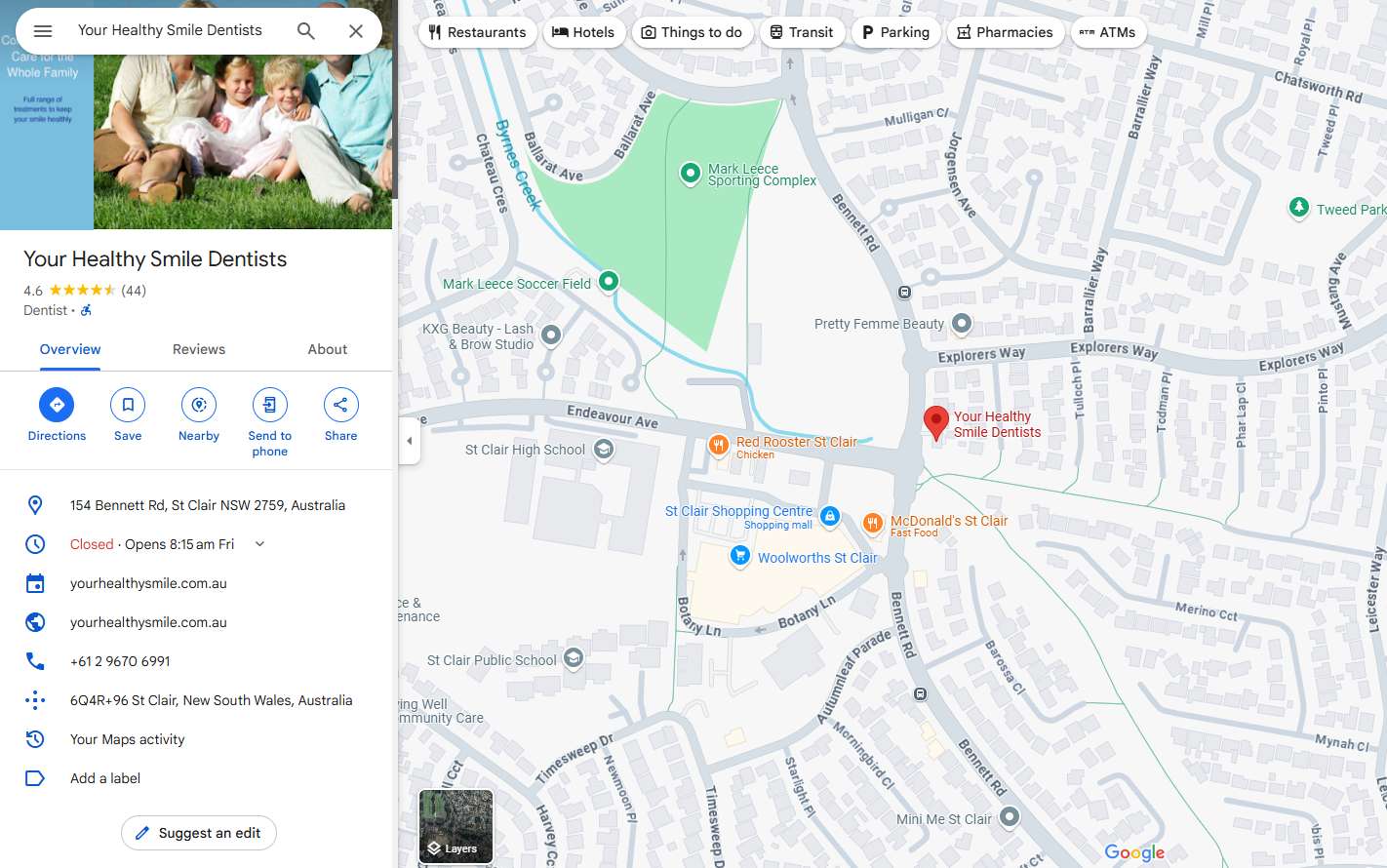Tooth sensitivity is a common issue affecting a large number of Australians. Whether it's a sudden twinge when enjoying an ice cream or discomfort while brushing, sensitive teeth can disrupt everyday life. While many people brush off this sensation as minor, it can be a sign of an underlying dental concern. Fortunately, there are effective ways to manage and treat tooth sensitivity, allowing you to maintain a comfortable, healthy smile.
What Causes Sensitive Teeth?
Sensitive teeth occur when the protective enamel on your teeth wears down or when gums recede, exposing the underlying dentin layer. Dentine contains microscopic tubules that lead to the tooth’s nerve centre. When exposed to heat, cold, acidity, or touch, these tubules can transmit signals that cause pain or discomfort.
Common causes of sensitive teeth include:
- Brushing too hard or using a hard-bristled toothbrush
- Tooth erosion from acidic foods and drinks
- Gum recession due to age or gum disease
- Teeth grinding or clenching
- Tooth decay, chipped teeth, or worn fillings
- Post-dental procedure sensitivity
Tips for Managing Sensitive Teeth
1. Use a Toothpaste for Sensitive Teeth
One of the easiest and most effective ways to manage sensitivity is by using a toothpaste specifically designed for sensitive teeth. These toothpastes contain compounds like potassium nitrate or stannous fluoride, which help block the pathways to the nerves, reducing discomfort. It may take a few weeks of consistent use to feel noticeable relief.
2. Choose a Soft-Bristled Toothbrush
Using a soft-bristled toothbrush and brushing gently helps prevent further enamel wear and gum recession. Brushing too aggressively can do more harm than good, so it's best to use small, circular motions and avoid scrubbing.
3. Avoid Acidic Foods and Drinks
Foods and beverages such as citrus fruits, soft drinks, wine, and tomato-based sauces can erode tooth enamel over time. If you consume acidic items, rinse your mouth with water afterwards and wait at least 30 minutes before brushing to prevent enamel damage.
4. Maintain Good Oral Hygiene
Proper oral hygiene plays a vital role in preventing and managing tooth sensitivity. Brush twice daily, floss once a day, and use a fluoride mouthwash to strengthen your teeth and protect against decay.
5. Don’t Ignore Teeth Grinding
If you grind or clench your teeth (a condition known as bruxism), it can lead to enamel wear and increased sensitivity. Speak to your dentist Mt Druitt about getting a custom night guard to protect your teeth while you sleep.
6. Limit Teeth Whitening Products
Many over-the-counter whitening products contain harsh chemicals that can cause or worsen tooth sensitivity. If you're interested in whitening, consult your dentist for a safer, professional treatment plan.
7. Stay Hydrated and Encourage Saliva Production
Dry mouth can exacerbate tooth sensitivity. Staying hydrated and chewing sugar-free gum can help promote saliva production, which in turn helps neutralise acids and maintain a healthy mouth environment.
Professional Treatments for Sensitive Teeth
If your sensitivity persists despite home care, it's time to see a professional. A dentist Mt Druitt can assess the root cause and offer tailored treatment options, such as:
1. Fluoride Varnish or Gel Application
Fluoride helps strengthen enamel and reduce the transmission of pain signals. Dentists can apply concentrated fluoride varnishes or gels directly to sensitive areas.
2. Desensitising or Bonding Agents
For exposed root surfaces or worn enamel, your dentist might apply a bonding resin to seal the dentin and reduce sensitivity.
3. Gum Grafting
If gum recession is causing sensitivity, a surgical procedure known as a gum graft may be recommended. This involves taking tissue from another area of your mouth to cover exposed roots.
4. Root Canal Therapy
In cases where sensitivity is caused by infection or severe decay, a root canal might be necessary. This treatment removes the damaged nerve tissue and seals the tooth, effectively eliminating sensitivity.
When to See a Dentist
If your tooth sensitivity lasts more than a few days, is worsening, or is accompanied by other symptoms such as swelling, bleeding gums, or visible damage to the teeth, it’s important to book an appointment with your local dental professional.
A dentist Mt Druitt can conduct a thorough examination, identify the underlying cause, and create a personalised treatment plan to relieve your discomfort and restore your oral health.
In summary, tooth sensitivity doesn’t have to control your life. With the right care, both at home and with professional help, you can effectively manage and even eliminate the discomfort. Using sensitive toothpaste, adopting a gentle oral hygiene routine, and avoiding triggers like acidic foods can go a long way. However, ongoing or severe sensitivity should always be evaluated by a professional. If you're experiencing persistent tooth sensitivity and you're in the western Sydney region, don’t hesitate to consult a trusted dentist Mt Druitt. Taking action now can protect your smile for the long term and help you enjoy everyday moments, pain-free.
154 Bennett Rd,
St Clair NSW 2759,
Australia
612 9670 6991




